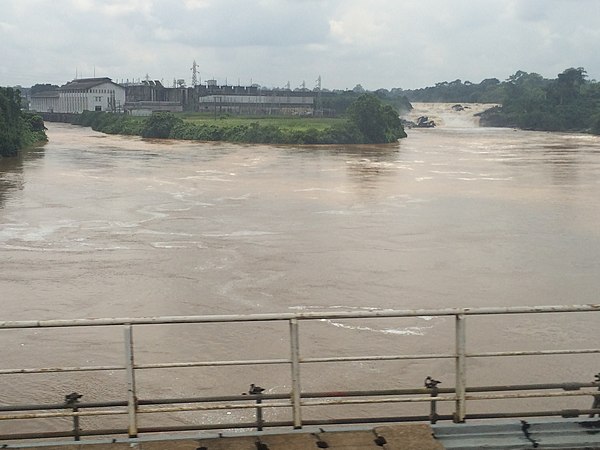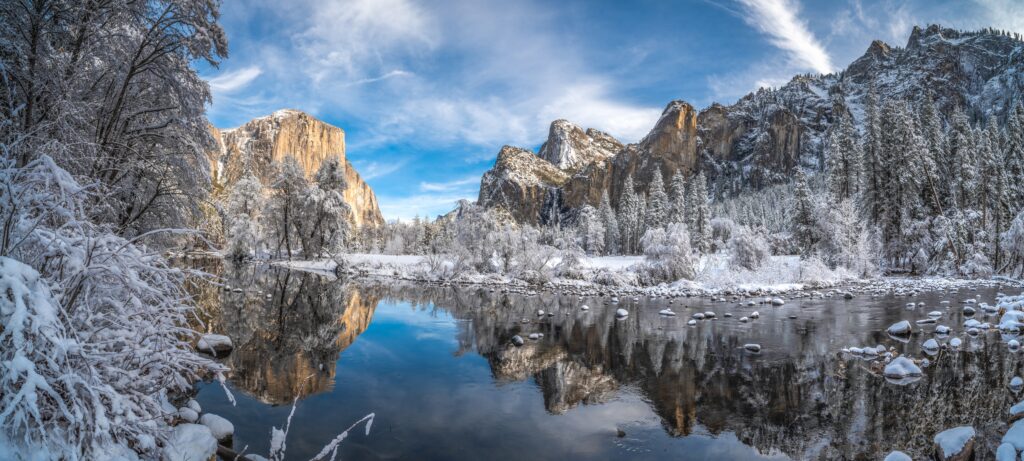
Nestled in the lush landscapes of Guinea, Deng Deng National Park is a hidden gem that beckons adventurers and nature lovers alike. With its rich biodiversity, breathtaking scenery, and cultural significance, Deng Deng offers a unique experience that showcases the beauty of West Africa. This blog post will take you on an in-depth journey through the park, exploring its history, ecology, recreational opportunities, and conservation efforts.
Historical Background
Deng Deng National Park was established in 2012, covering an area of approximately 1,000 square kilometers in the eastern part of Guinea. The park was created as part of a broader initiative to conserve the unique flora and fauna of the region, which is threatened by deforestation and habitat loss. The establishment of the park not only aimed to protect wildlife but also to promote sustainable tourism and provide economic benefits to local communities.
Biodiversity
One of the most striking features of Deng Deng National Park is its incredible biodiversity. The park is home to numerous species of plants and animals, some of which are endemic to the region. The dense forests, rolling hills, and diverse ecosystems create a perfect habitat for various species.
Flora
The park boasts a rich variety of plant life, including towering trees, flowering plants, and medicinal herbs. Notable species include:
- Mahogany (Swietenia macrophylla): A valuable timber tree known for its durability and beauty.
- African Rosewood (Dalbergia spp.): A highly sought-after hardwood used in furniture and musical instruments.
- Various medicinal plants: Used by local communities for traditional healing practices.
Fauna
Deng Deng is also home to a wide array of wildlife, including:
- Primates: The park is known for its populations of chimpanzees and other primate species, which are crucial for the park’s ecosystem.
- Birds: Over 200 bird species have been recorded in the park, making it a paradise for birdwatchers. Species such as the Great Blue Turaco and the African Grey Parrot can be spotted.
- Large mammals: Elephants, leopards, and various antelope species roam the park, contributing to its ecological richness.
Geography and Climate
Deng Deng National Park features a varied topography that includes dense rainforests, rolling hills, and river valleys. The park is characterized by its humid tropical climate, with two distinct seasons: a wet season from May to October and a dry season from November to April. The average temperature ranges from 20°C to 30°C, making it an ideal destination for year-round exploration.
Recreation and Activities
Deng Deng National Park offers a range of recreational opportunities for visitors. Whether you’re an avid hiker, a wildlife enthusiast, or simply looking to immerse yourself in nature, there’s something for everyone.
Hiking and Trekking
The park features numerous trails that cater to various skill levels. Hikers can explore the diverse landscapes, from dense forests to scenic viewpoints. Guided treks offer the chance to spot wildlife and learn about the park’s ecology from knowledgeable guides.
Birdwatching
For birdwatchers, Deng Deng is a paradise. With over 200 species, including many rare and endemic birds, enthusiasts can spend hours observing and photographing these magnificent creatures. Binoculars and field guides are essential tools for this activity.
Wildlife Safaris
Guided wildlife safaris are available for those who want to experience the park’s incredible fauna up close. These safaris allow visitors to explore the park in search of elephants, chimpanzees, and other wildlife, often accompanied by experienced rangers who share insights about the animals and their habitats.
Cultural Experiences
Engaging with local communities can enhance your experience in Deng Deng National Park. Visitors can participate in cultural tours, learning about the traditions, customs, and way of life of the local people. These interactions foster a deeper appreciation for the region’s cultural heritage and promote sustainable tourism.
Conservation Efforts
Conservation is a critical aspect of Deng Deng National Park. The establishment of the park has played a significant role in protecting the region’s biodiversity, but ongoing efforts are essential to ensure its sustainability.
Anti-Poaching Initiatives
One of the biggest threats to wildlife in Deng Deng is poaching. Conservation organizations, in collaboration with the Guinean government, have implemented anti-poaching initiatives to protect endangered species. These efforts include patrols, community education programs, and collaboration with local law enforcement.
Community Involvement
Engaging local communities in conservation efforts is vital for the long-term success of the park. By providing education and alternative livelihoods, conservation organizations can reduce dependence on activities that harm the environment, such as illegal logging and hunting.
Research and Monitoring
Ongoing research and monitoring programs help track the health of ecosystems and wildlife populations. By gathering data on species diversity and habitat conditions, researchers can develop strategies to address emerging threats and enhance conservation efforts.
Challenges Facing Deng Deng National Park
Despite its natural beauty and ecological importance, Deng Deng National Park faces several challenges:
Deforestation
Illegal logging and agricultural expansion are significant threats to the park’s forests. Efforts are underway to combat these practices, but enforcement remains a challenge.
Climate Change
Like many ecosystems around the world, Deng Deng is vulnerable to the impacts of climate change. Changes in rainfall patterns and temperature can affect plant and animal species, making adaptation strategies essential.
Infrastructure Development
As Guinea develops its infrastructure, the potential for encroachment into protected areas increases. Balancing development needs with conservation is a complex challenge that requires careful planning and policy implementation.
How to Get There
Reaching Deng Deng National Park can be an adventure in itself. The nearest major city is Conakry, the capital of Guinea. From Conakry, visitors can travel by road to the park, which may take several hours depending on traffic and road conditions.
Transportation Options
- Private Car: Renting a car with a driver is a convenient option, allowing for flexibility in travel plans.
- Public Transport: Buses and shared taxis operate between Conakry and nearby towns, but schedules may vary, and the journey can be lengthy.
- Guided Tours: Many tour operators offer packages that include transportation, guided tours, and accommodations, making for a hassle-free experience.
Best Time to Visit
The ideal time to visit Deng Deng National Park is during the dry season, from November to April. During this period, the weather is more stable, and wildlife sightings are more frequent as animals are drawn to water sources.
Accommodations
While the park itself may have limited lodging options, nearby towns offer various accommodations, from guesthouses to hotels. For a more immersive experience, some eco-lodges and campsites are located near the park’s entrance, providing a unique opportunity to connect with nature.
Conclusion
Deng Deng National Park is more than just a destination; it’s a testament to the beauty and diversity of Guinea’s natural environment. With its stunning landscapes, rich biodiversity, and vibrant culture, the park is a must-visit for anyone seeking adventure and a deeper understanding of the region’s ecology.
As conservation efforts continue and awareness of the park grows, Deng Deng has the potential to become a leading ecotourism destination in West Africa. Whether you’re hiking through its forests, spotting rare birds, or engaging with local communities, a visit to Deng Deng National Park is sure to leave a lasting impression.
Final Thoughts
In a world increasingly challenged by environmental issues, places like Deng Deng National Park serve as vital sanctuaries for wildlife and ecosystems. By supporting conservation efforts and responsible tourism, we can all play a role in preserving these natural treasures for future generations. Whether you’re an intrepid explorer or a casual traveler, Deng Deng awaits with open arms, ready to share its wonders with you.
